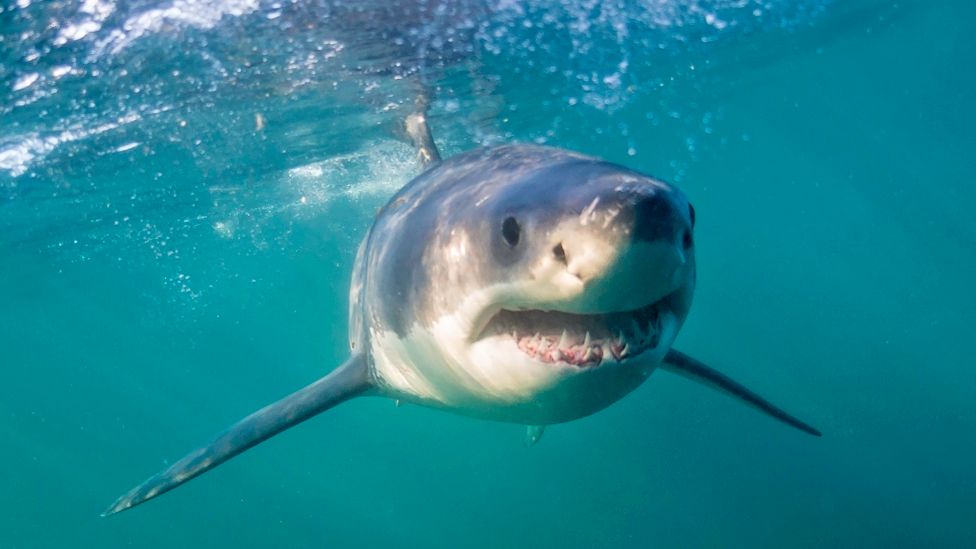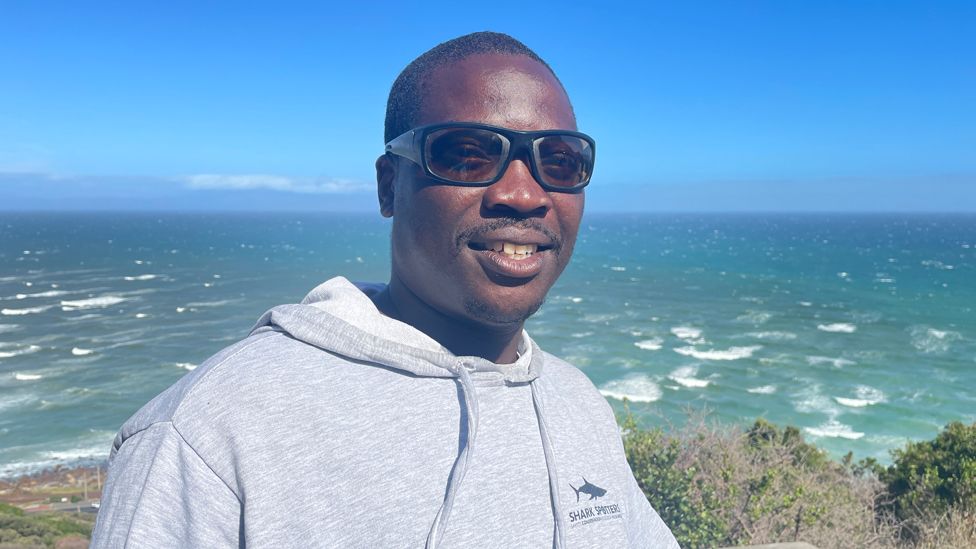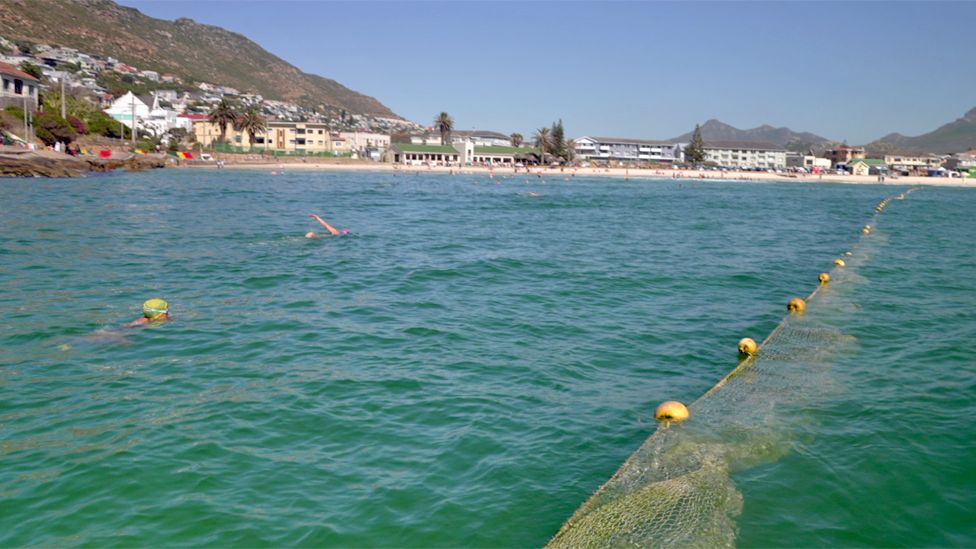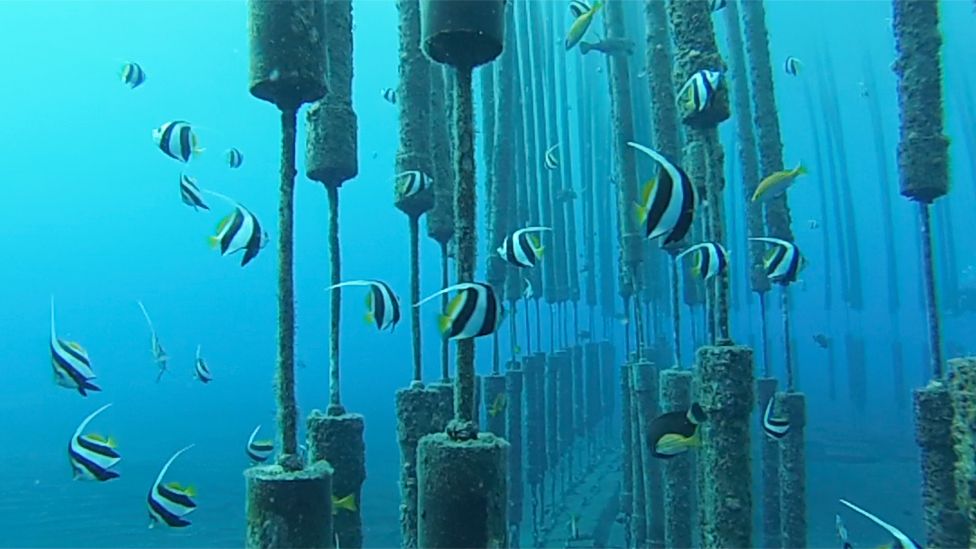
South Africa’s Shark Spotters: Coexisting with Great Whites
Living harmoniously with great white sharks becomes a matter of life and death in Cape Town, South Africa, as these iconic predators reappear after more than four years. Balancing the need for human safety with conservation efforts has spurred innovative approaches to shark management.
The Return of Great Whites
This month marks a significant event as great white sharks reappear off Cape Town’s beaches. Once frequent visitors, these majestic predators had sparked fear due to fatal attacks on swimmers. Their return raises questions about how to ensure safety without resorting to harmful measures.
Non-lethal Approaches Advocated
Unlike some regions that opt for lethal methods such as nets and baited hooks, Cape Town embraces non-lethal approaches endorsed by the International Union for Conservation of Nature. The primary goal is to protect both humans and sharks, fostering a coexistence that respects the delicate balance of marine ecosystems.
Shark Spotters: Guardians of the Coast
For over 15 years, a dedicated team of shark spotters has been the vigilant eyes on Cape Town’s coastal waters. Perched on mountainsides overlooking five beaches, they employ radio communication to swiftly alert beachgoers of potential threats. A unique flag system signals the latest status, with a white flag indicating an immediate exit from the sea.

Exclusion Nets for Morning Safety
Each morning, the team installs a 350m (1,148ft) “exclusion net” off Fish Hoek beach, creating a secure bathing area. This innovative approach, distinct from traditional shark barriers, is deployed to ensure morning safety and is lifted each evening to minimize environmental impact and protect sea life.
Conservation Amidst Concerns
The disappearance of great whites had raised ecological concerns, making their return a positive development for conservationists. Sarah Waries, CEO of Shark Spotters, emphasizes the delicate balance required to ensure recreational water user safety while conserving white sharks. Shark bites, she notes, have profound impacts on communities.

Innovative Shark Barriers
Beyond exclusion nets, innovative shark barriers are emerging. In Plettenberg Bay, where fatal attacks occurred last year, shark spotters now monitor five beaches. Marine biologist Dr Sara Andreotti introduces a shark-safe barrier designed to mimic an underwater kelp forest, equipped with magnets to repel sharks without affecting other sea life.

Sharks as Crucial Ecosystem Guardians
Dr Andreotti underscores the importance of sharks as top predators crucial for ecosystem balance. Advocating for understanding and coexistence, she emphasizes that the removal of sharks through culls disrupts the delicate ecological balance, urging a shift towards harmony with these marine creatures.
As Cape Town adapts to the return of great white sharks, the synergy between human safety and marine conservation takes center stage, showcasing the commitment to fostering a harmonious relationship with these iconic predators.




